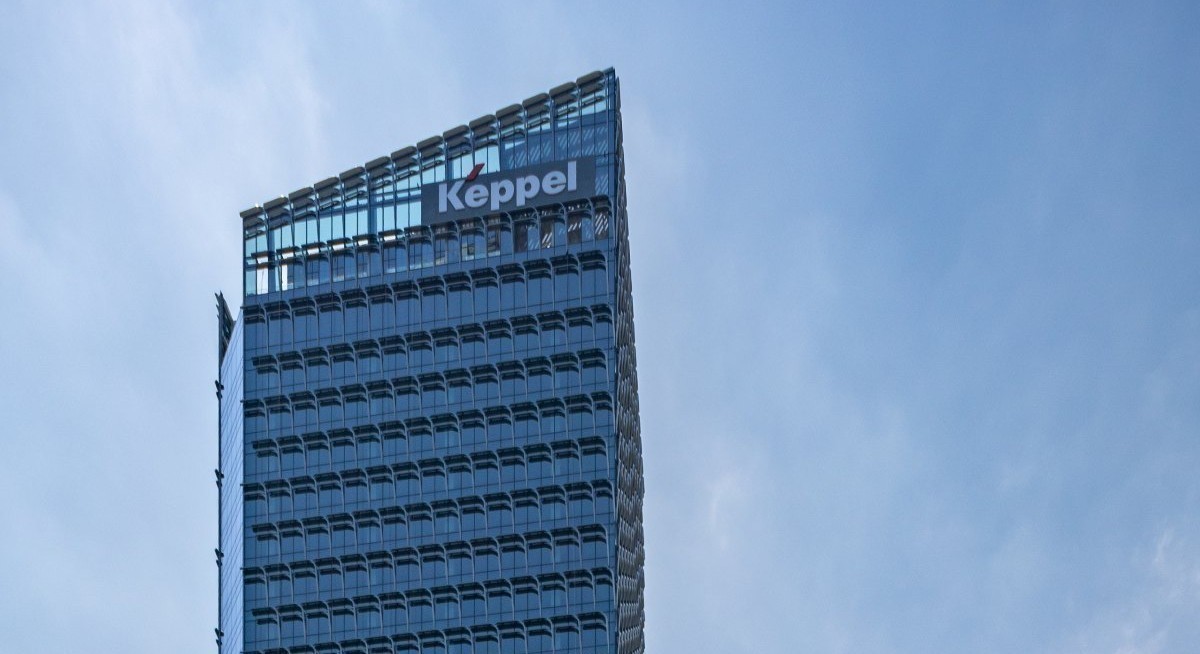“Many investors still perceive Keppel as a traditional conglomerate or a Singapore power play, with doubts about its ability to pivot into a global asset manager — especially given the challenges faced by other emerging real estate investment managers (REIMs) in the region,” state the JP Morgan analysts. “We believe this view is outdated.”
Separately, Adrian Loh of UOB Kay Hian, similarly citing the changing business profile, has raised his target price for Keppel from $10.46 to $10.85, after applying a higher valuation multiple on its asset management business from 15 times to 18 times.
“With $91 billion in funds under management, $4.7 billion raised as at 1HFY2025, dry powder of $25 billion and a robust $39 billion deal pipeline across infrastructure, digital infrastructure, and real estate, Keppel’s platform scale appears to be increasingly comparable to global asset managers such as Brookfield, KKR and Blackstone,” says Loh.
The JP Morgan team likes Keppel for demonstrating strong execution by simplifying its business. Some $8 billion worth of non-core assets had been sold, and another $14.4 billion is on the way. “This underscores management’s commitment to optimise the capital structure and focus on higher-return businesses,” says JP Morgan.
See also: New Keppel’s monetisation plans ensure more special dividends
In the 2010s, Keppel made a series of deals to privatise separately listed units such as Keppel Land, and its telco and transportation units, M1 and Keppel T&T. At the same time, it has been making a series of divestments of assets it deems non-core as well, such as the logistics unit sold to Geodis in 2022; a developer in Vietnam; a stake in a US software company, and, most recently, waste collector 800 Super Holdings.
The most notable deal thus far this year was the sale of the mobile business of M1 to Simba, which is pending. There is a recent hiccup, though, in the form of a lawsuit brought by Liberty Wireless, the holding company of Circles.Life, which has been renting network capacity from M1.
Keppel’s biggest move, of course, was to move its offshore and marine unit — its largest profit generator for years before the last downturn — into a merger with Sembcorp Marine to form Seatrium.
See also: Singtel straps on more engines for growth beyond 2028
On the other hand, with proceeds from the divestments, Keppel has been growing its power-generating business; it has also increased its exposure to new growth segments in the form of digital infrastructure, such as data centres, power and subsea cables, and, most pleasingly to investors, gotten more active with its capital management. “Keppel is on a positive trajectory, with lower gearing, improving returns on equity and capital via share buybacks, and rising dividends,” says JP Morgan.
The analysts believe that Keppel can achieve 8% CAGR in its core patmi in three years, underpinned by a 7% per annum growth in its funds under management base, plus a 46% jump in power generation capacity, which can be used to feed demand from new data centres, and thereby, commanding a “scarcity premium” as it it’s the only Singapore listed player with these cards.
Furthermore, since Keppel is also an operator of digital infrastructure, it is distinct from other fund managers, says JP Morgan, who figure that Keppel should be able to deliver a 20% internal rate of return for its funds. This positions Keppel to achieve its target of $200 billion funds under management by 2030, an increase from just $91 billion as of end-June.
Keppel is making the right moves with its active capital management plans as well, with potentially $500 million a year in share buybacks, coupled with rising dividends that will reach 44 cents per share for FY2027.
Their $12.50 target next year is based on a sum-of-the-parts valuation of 16 times EV/Ebitda for asset management, 10 times for infrastructure, seven times for connectivity and with a similar 15% holding company discount similar to CapitaLand Investment, which has started ahead of Keppel in transforming itself into an asset manager and less of a developer.
“With improving return on equity, we anticipate Keppel’s FY2026 EV/Ebitda of 15.6 times to move towards regional real estate investment manager (REIMs) in the high teens. Our price target implies an FY2026 EV/Ebitda of 19.5 times,” says JP Morgan.




